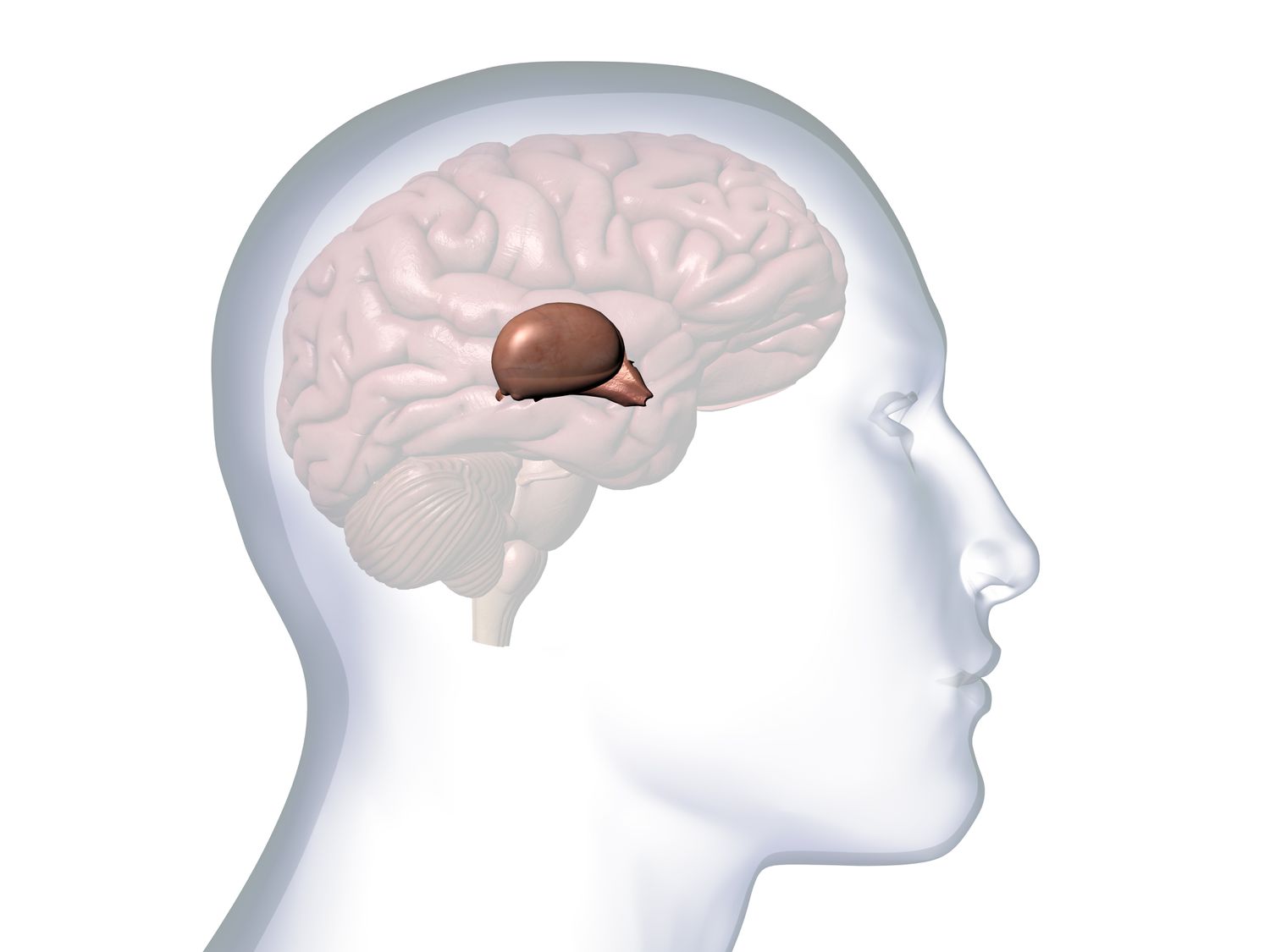
Are you familiar with the pineal gland? It’s a small, pinecone-shaped gland located deep within our brains. While this tiny organ may not receive much attention, it plays a crucial role in our overall health and well-being. In fact, the pineal gland has long been regarded as the “third eye” due to its association with spiritual and metaphysical experiences.
In this article, we will delve into the fascinating world of the pineal gland and uncover eight intriguing facts about this mysterious organ. From its role in regulating sleep patterns to its connection to the production of the hormone melatonin, the pineal gland is a powerhouse of biological functions.
So, get ready to explore the hidden wonders of the pineal gland and gain a deeper understanding of its impact on our body and mind.
Key Takeaways:
- The pineal gland, also known as the “third eye,” produces melatonin to regulate our sleep-wake cycle. It’s sensitive to light and may influence our mood, making it a fascinating and important part of our body.
- The pineal gland is not just a small endocrine gland; it’s also associated with spiritual concepts and may respond to the Earth’s magnetic field. Its role in our well-being and consciousness makes it truly intriguing and worth exploring further.
The Pineal Gland is a Small Endocrine Gland
The pineal gland, also known as the “third eye,” is a small endocrine gland located in the brain. It is approximately the size of a grain of rice and is shaped like a pinecone, hence its name.
It Produces Melatonin
The pineal gland is responsible for the production of melatonin, a hormone that regulates the sleep-wake cycle. It helps to maintain a consistent sleep pattern and is influenced by the amount of light received by the eyes.
The Pineal Gland is Sensitive to Light
One of the most intriguing facts about the pineal gland is its sensitivity to light. When exposed to light, particularly sunlight, the production of melatonin decreases, signaling to the body that it is time to wake up. In contrast, in the presence of darkness, melatonin production increases, promoting sleep and relaxation.
It Has a Role in Circadian Rhythm
The pineal gland plays a crucial role in regulating the body’s circadian rhythm. This internal clock determines the timing of various physiological processes, such as sleep, metabolism, and hormone production.
The Pineal Gland May Influence Mood
There is evidence to suggest that the pineal gland may have an impact on mood regulation. Some studies have found a correlation between abnormalities in the gland and mood disorders such as depression and seasonal affective disorder.
Pineal Gland Calcification Can Occur
Calcification of the pineal gland can happen with age. This process involves the accumulation of calcium deposits in the gland, potentially affecting its function. Research suggests that certain lifestyle factors, such as exposure to fluoride and aluminum, may contribute to pineal gland calcification.
It is Associated with Spiritual and Metaphysical Concepts
The pineal gland has long been associated with spiritual and metaphysical concepts. Some believe that it is the seat of the soul or the gateway to higher states of consciousness. This notion has roots in various spiritual and esoteric traditions.
It is Influenced by the Earth’s Magnetic Field
Research suggests that the pineal gland may respond to the Earth’s magnetic field. It has been proposed that this sensitivity to geomagnetic forces plays a role in the body’s natural biological rhythms and navigation abilities.
Conclusion
In conclusion, the pineal gland is a small but incredibly important gland located deep within the brain. Despite its small size, it plays a crucial role in various physiological processes and is often associated with spiritual and mystical significance. From regulating sleep patterns to producing melatonin, the pineal gland is truly fascinating. Its connection to the third eye and the potential to influence consciousness further adds to its intrigue. As scientists continue to unravel more about this mysterious gland, we can expect to gain even more insights into its functions and potential benefits.
FAQs
Q: What is the function of the pineal gland?
A: The pineal gland is responsible for producing melatonin, a hormone that helps regulate sleep patterns and the body’s internal clock.
Q: Can the pineal gland influence consciousness?
A: Some believe that the pineal gland, often referred to as the third eye, has a role in influencing consciousness and spiritual experiences.
Q: Can the pineal gland be enhanced or activated?
A: There is ongoing research to explore methods that may potentially enhance or activate the pineal gland, such as meditation, certain supplements, and exposure to natural sunlight.
Q: Are there any health conditions associated with the pineal gland?
A: The pineal gland can be affected by various conditions, including pineal tumors, which can disrupt normal functions and produce symptoms such as hormonal imbalances and sleep disturbances.
Q: Is there any scientific evidence supporting the spiritual significance of the pineal gland?
A: While the spiritual significance of the pineal gland is heavily debated, there is limited scientific evidence to directly support its role in spiritual experiences.
Pineal gland facts captivate minds, yet questions remain. What role does melatonin play in sleep cycles? How might this tiny organ influence moods or spiritual experiences? Unraveling pineal gland mysteries leads down fascinating paths. Exploring melatonin's extraordinary effects promises even more intriguing discoveries. Journey onward to illuminate pineal gland secrets and melatonin's remarkable powers.
Was this page helpful?
Our commitment to delivering trustworthy and engaging content is at the heart of what we do. Each fact on our site is contributed by real users like you, bringing a wealth of diverse insights and information. To ensure the highest standards of accuracy and reliability, our dedicated editors meticulously review each submission. This process guarantees that the facts we share are not only fascinating but also credible. Trust in our commitment to quality and authenticity as you explore and learn with us.


